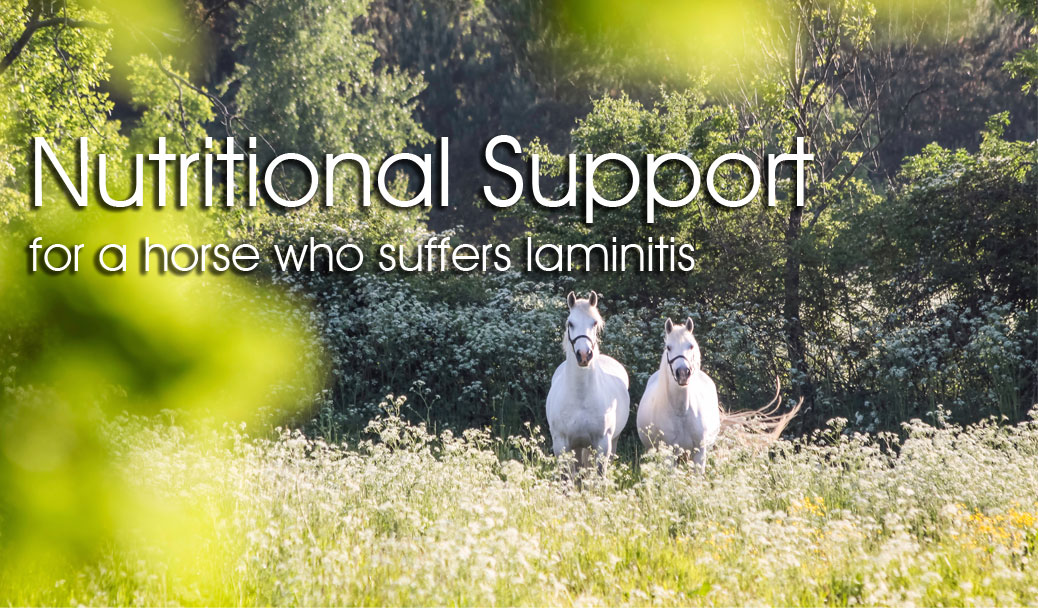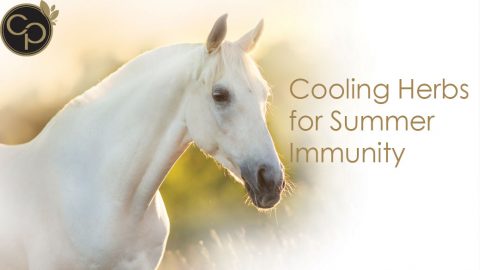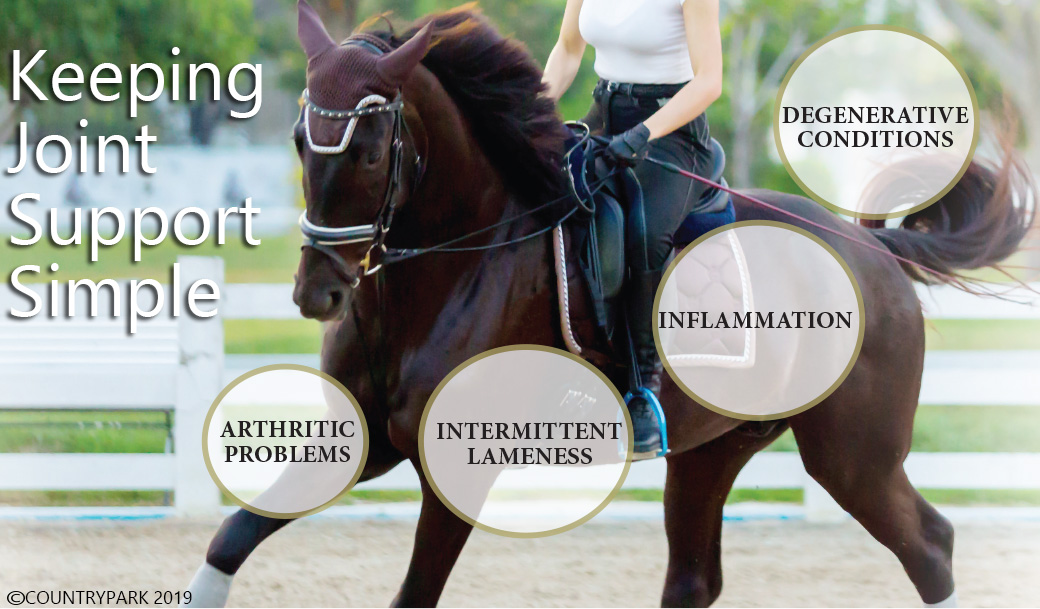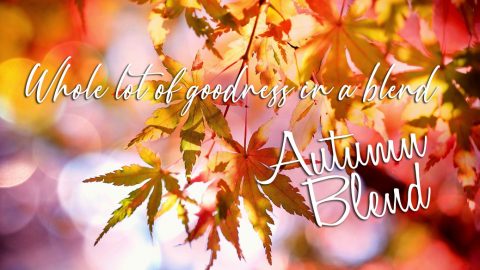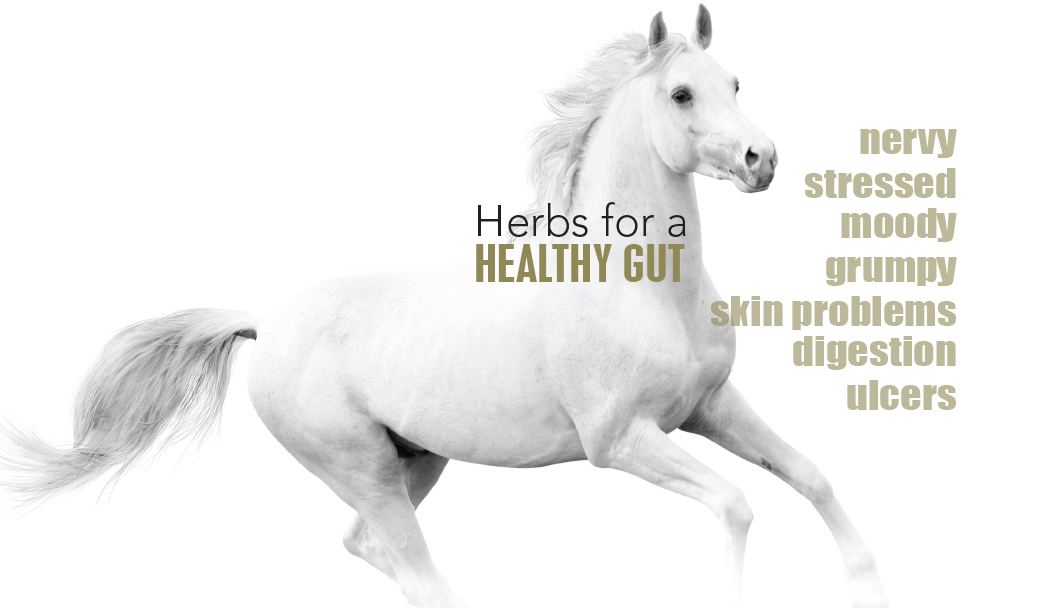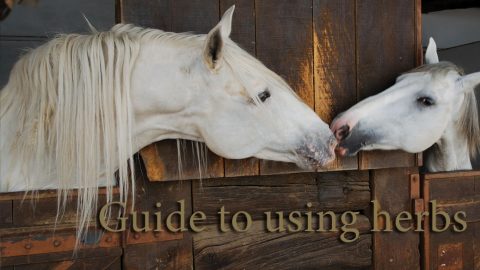I have a Peruvian Paso mare whom I adore, in fact everyone adores her: she is gentle, sensible, intelligent, very forward going but will stop when you think it; you can put children and even babies on her back, did I say she was beautiful and is ridden in a halter? There is only one thing wrong with her: she is a good doer, a very good doer which means that comes spring and summer she will turn into a FAT HORSE.
I have worked out a way to stop her being fat, let me share it with you.
To Lock Up or Not To Lock Up? The Starvation Regime.
Many people believe that the only solution to the fat horse is to lock them up in a starvation paddock and be done with it. There are several things wrong with this.
The horse being a herd animal, to separate it from its mates will cause a lot of stress which can take a myriad of expressions: physical such as stomach ulcers and behavioural problems, such as wood chewing or weaving. Basically you will get a miserable, cranky horse. Being locked up and starved the horse does not exercises and looses condition and muscle tone.
Also when you turn out a fat horse, it is capable of consuming twice the amount of grass it would if it was allowed free ranging.
The worse thing about the starvation diet is that the horse misses out on nutrients and therefore its health will be endangered.
The starvation regime for the horse is the equivalent of fasting in order to lose weight for human: a little weight gets lost but as the metabolic rate slows down it becomes harder and harder to lose weight and the health consequences are great. Also muscle tone is lost which makes it easier to get fat again.
A Programme That Works
This is what we do to keep Luba slim and fit, I am sure you can work variations on the theme.
In the evening we feed all our horses, in the summer this is more a ritual than a need for food as our pastures are really too lush, the ritual keeps the bond with the horses and we give them their herbs and supplements.
Luba gets less than two litres of chaff with her powders, herbs and one cup of high protein extruded lupins(now don’t go bananas, I shall explain later), wetted down and with herbed vinegar. Then we put a grazing muzzle on her and set her loose with her mates to go and play.
In the morning, some twelve hours later, she comes to the back door and whinnies for us to take off the muzzle. As often as I can, I exercise her for at least half an hour and then I let her go. It is a good idea to exercise the horse after you take the muzzle off or you take him out of the starvation paddock, in this way they will release endorphins that will slow down their desire to put their head down and vacuum clean the paddock. Even if you just lunge the horse this will make a difference to grazing intensity.
Why Does This Work?
The grazing muzzle allows the horse to pick up some grass but a really small amount, not enough to pig out on, but enough to keep chewing which produces saliva, which is what horses stomachs need. Of course this also allows the horse to run around with its mates and this keeps her happy and exercising.
The first year Luba hated the muzzle, she literally stood with her nose to the shed, like a little kid in the corner and was obviously depressed, which made me upset and depressed; as a consequence I took the muzzle off and she acquired the looks of a Thelwell pony –and got a bout of colic! This year I got smart by feeding her first, putting the muzzle on and sliding bit of carrots into the muzzle as soon as it is on. She now puts her head down to help us secure the muzzle!
Now, let me wind back the tape to the bit where I told you about the high protein. Yes, I give her high protein because this will help her not starve and this is good for muscle build up. We don’t want muscle loss.
Herbs and Supplements
Your horse must get more calcium (Calcium Di Phosphate as well as Dolomite) vitamin E, B complex (in the form of Yeast). The best vitamin and mineral supplement which is also great for the digestion is Kelp. Add this to the night “feed”. Remember: your horse is eating less food, so you have to compensate by upping the nutrients.
Herbs that are great:
Nettles for their nutritional and mineral content
Chamomile to soothe the digestion
Linden (if they are cranky about the muzzle at the beginning, you can discontinue it after a while)
Liquorice is very important because it prevents low blood sugar, low blood sugar causes one to be hungry, it is also good for digestion and the immune system.
Absolute NO NOS
Do not give your horse tit bits, unless it is bits of carrots or beetroot or apples. No bread, sugar or commercial treats, they are full of sugar. Do not give your horse molasses, yes molasses do contain B vitamins and iron but they are full of sugar and they cause hypoglycaemia, which causes hunger. This means do not purchase horse food that contains molasses. Plain, extruded grains are best.
As always I am happy to answer questions relating to this or any other article.
Happy riding
Elyane

